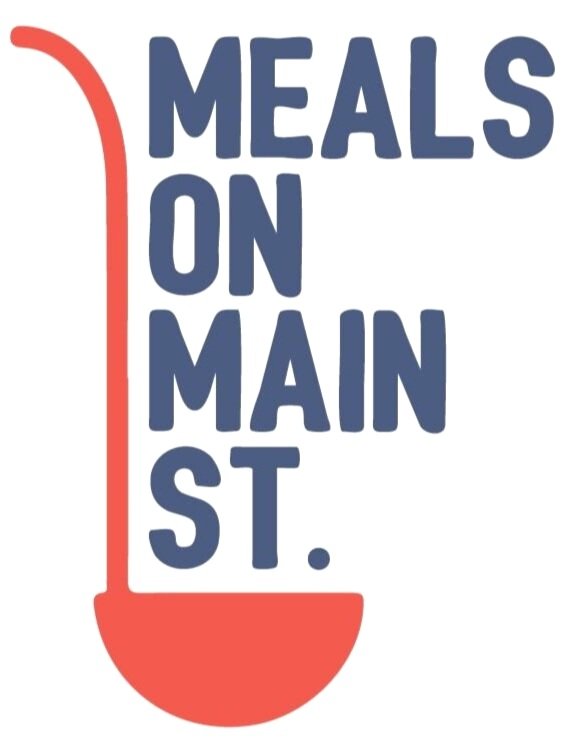Looking Forward as Pandemic Era Food Benefits End
While the aftershocks of the pandemic continue to disrupt the food industry, around 40 million Americans are facing a significant reduction in food benefits. As of February 2023, the Biden administration is rolling the Supplemental Nutrition Assistance Program (SNAP) back to approximately pre-pandemic levels. This gives recipients 60 days to scramble to make up the difference.
With rampant inflation and rising food prices, people are struggling to make ends meet and put food on the table for themselves and their families. And with the government retracting its support, organizations must rise to the occasion to respond to this crisis.
How SNAP Reductions Affect Families
For the past 3 years, pandemic-era SNAP benefits have effectively added at least $95 a month to those receiving allotments. But this was on a sliding scale, meaning that those with less received more than that, with families especially benefiting.
The benefits of the additional stipend are undeniable. These SNAP allotments reduced child poverty by 14% and kept 4.2 million people out of poverty at the end of 2021, with the most benefit to Black and Latino households.
The sudden retraction of benefits will leave millions reeling. While the Special Supplemental Nutrition Program for Women, Infants, and Children (WIC) is still going strong, there are only 6 million enrolled compared to the 41 million in SNAP.
Inflation is hitting every industry hard, but none perhaps so disastrously as food and grocery. The USDA reports that food prices increased by 9.9% in 2022, with staples like eggs rising an unprecedented 32%.
Instead of keeping pace with inflation, allotments will drop from an average of $9.00 per person per day to about $6.10.
Parents experiencing food insecurity have higher levels of stress, anxiety, and depression, directly affecting their parenting and their children’s behavioral outcomes.
What We Can Do
The government seems determined to leave our most vulnerable populations in a lurch, so non-profits will have to pick up their slack.
One of the most efficient ways to address the problem of hunger is by also tackling the problem of food waste.
Food waste is a global issue, with the United Nations Environment Programme's Food Waste Index reporting that 1 billion tons of food is wasted every year. That’s a third of all food produced.
In New York City alone, food (and other organic materials) makes up 33% of all waste. Yet, even more damming, 68% of this food is considered still edible.
Targeting food waste can help reduce the problem of food insecurity and provide much-needed aid to those in need. By reducing food waste through better storage, transportation, and packaging techniques, more food can be saved for those who need it most. Moreover, targeting food waste can also help reduce the environmental impact of producing and transporting food that ultimately goes uneaten.
That’s why we partner with Feeding Westchester—a member of the nationwide network of food banks and pantries Feeding America. They work to redistribute excess food from restaurants and grocery stores to those who don't have access to regular meals in Westchester County.
With the help of our partnership with Feeding Westchester, Meals on Main Street started by saving 100,000 pounds of food waste during the pandemic. And through your support, now we're up to 50,000 pounds per month! And that number is on the rise, with over 24 store pickups per week across Westchester County.
No One Should Go Hungry
The problem isn't that there isn't enough food to go around. The problem is that it doesn't go where it's needed. That's why Meals on Main Street's goal is to pick up and distribute over 1.2 million pounds of food that would've gone to waste to those in need in our community of Port Chester and Westchester County. That is twice the amount we are gathering today.
But we need your help. Your time, money, and energy can all help those who desperately need it. Donate today to fund our mobile market truck and food recovery efforts to ensure that these perishable food items make their way to the dinner tables of families in food-insecure neighborhoods.



